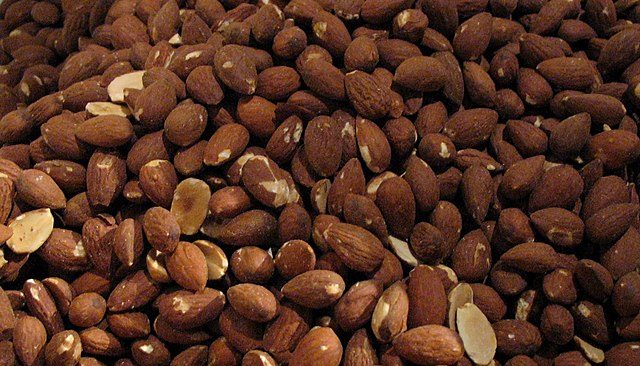As global cocoa shortage continues, Ivory Coast has reported a 30% drop in cocoa shipments, year-on-year, between October 1, 2023 and April 14, 2024. This is even as Ghana is negotiating delivery postponements to counter lack of supplies.
Government data on April 15, 2024 showed that Ivory Coast exported only 1.31 million metric tonnes in the just-concluded main cocoa season.
Between April 8 and 14 when most bean deliveries happen, there were just 13,000 tonnes deliveries. Abidjan port received 5,000 tonnes while San Pedro 8,000 tonnes, shy of the values for April 8-14, 2023 of 29,000 tonnes.
This prompted traders at Ecom Agroindustrial to predict a season end in September of 1.75 million tonnes, a 21.5% yearly fall.
Ghana Negotiates Deliveries Delay
Ghana, in its part, is negotiating for the postponement of May deliveries to the upcoming mid-crop season due to supply shortfall.
On April 11, the Ghana Cocoa Board was in talks with importers for a delay of deliveries of up to 250,000 metric tonnes.
Cocoa deliveries usually work through booking just before the season starts and entire crops are usually bought even before harvests.
Drought has reduced normal output to 50% of the peak, amid increasing demand in export markets. In September 2023, Ghana had capitalized on the huge demand by gifting its farmers a 63% farm gate price raise.
Dry Weather Affects Regional Cocoa Beans
Not just Ghana faces drought but Ivory Coast, too, where farmers are handling blackening beans as the thermometer needle climbs.
In February 2024, the temperature in the country spiked to 41º Celsius, above the norm of 36º Celsius.
A farmer known as Christian Andre Yapi informed AFP on April 15, 2024 that scorched cocoa pods were already falling off trees.
The country now pegs hope to a fair amount of rain to help the mid-crop bud before the September harvest.
But Ivory Coast is also fighting against changing weather in its own way through reforestation. The government wants to regain some of the 90% of forest cover it has lost since 1960.
The country also aims to reduce carbon emissions by 30% and use forest cover as solar canopy.
Thus, as West Africa handles the worst cocoa bean production show in 8 years, fighting climate change remains a top agenda.
